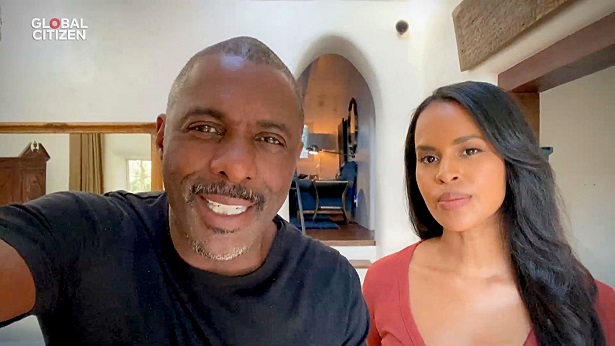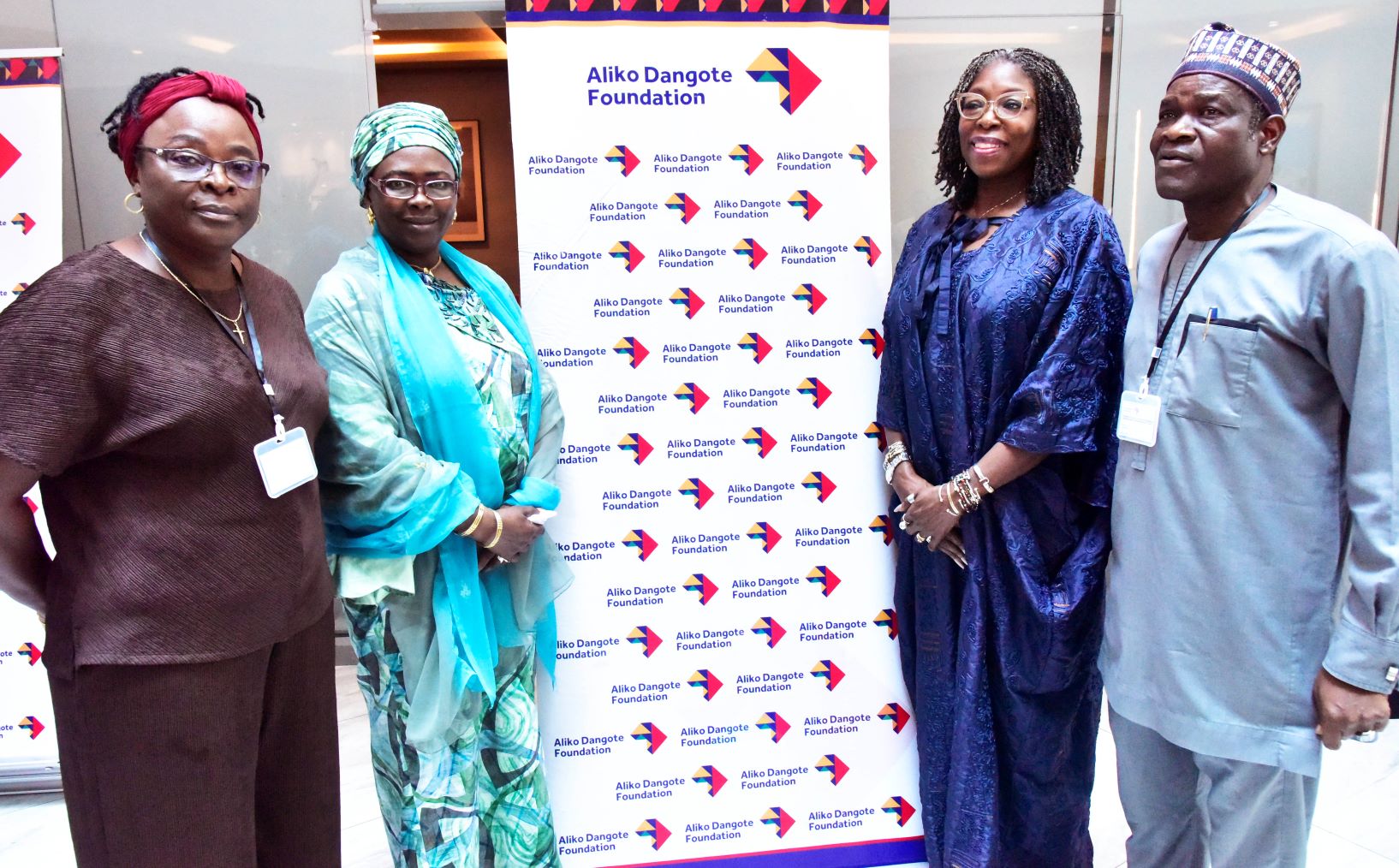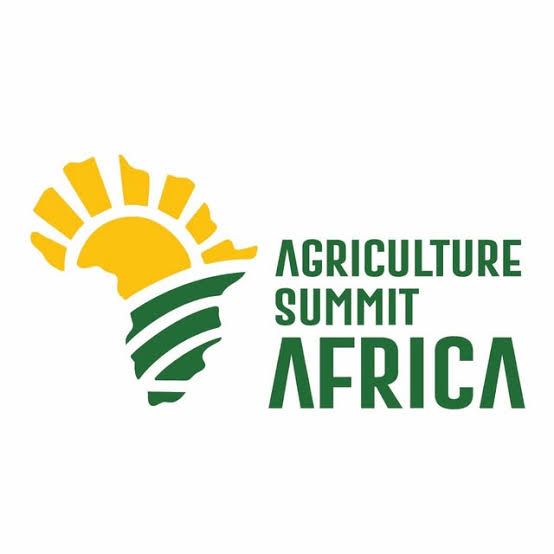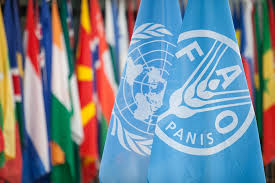Idris Elba, Wife Launch $200m Covid-19 Relief Fund For Africa Farmers

Actor, filmmaker and humanitarian Idris Elba and his actress, model and activist wife, Sabrina Dhowre Elba Monday launched a new global coronavirus relief fund on behalf of the United Nations’ International Fund for Agricultural Development (IFAD) to prevent economic shocks caused by the COVID-19 pandemic from triggering a global hunger and food crisis.
With $40 million in seed money from IFAD, the multi-donor COVID-19 Rural Poor Stimulus Facility aims to raise at least an additional $200 million from governments, foundations and the private sector to lessen the impact of COVID-19 on rural small-scale farmers and producers.
The Facility seeks to help them continue to grow their crops, keep their businesses open and maintain access to financial services and markets as their countries go into lockdown and movements are restricted.
The Facility is part of UN Secretary-General Antonio Guterres’ call for urgent and coordinated actions across the UN system in support of putting an end to the global pandemic and reducing its economic and social consequences.
Commenting on the Facility’s launch, Gilbert F. Houngbo, President of IFAD, said: “Developing countries are already particularly vulnerable to this pandemic as a health crisis. Unless we act now and act quickly, this will also become a major food and hunger crisis.
“COVID-19 confirms what we know from Ebola, SARS and other crises: that our world is one world, and that the impact of disease, climate change, poverty, hunger and inequality cannot be contained within a country or region. The ripple effects touch us all – but have an especially devastating impact on those already poor and hungry. We need to invest inthem and keeping food systems running through this pandemic, so that the world’s most vulnerable people can still feed their families and earn an income.”
The Elbas, designated Monday as UN Goodwill Ambassadors for IFAD, visited IFAD-supported projects in rural Sierra Leone in December.
During their visit, they heard from farmers and representatives of rural communities who had received support from IFAD during the Ebola epidemic.
At that time, IFAD-supported farmer banks were the sole providers of banking and financial services in affected areas.
Their assistance helped the rural economy rebound so that farmers could continue to feed their families and local communities.
Speaking about their trip, Sabrina Dhowre Elba said: “This crisis has shown us we are only as safe as our most vulnerable people. It is in all our interests to keep local food systems going, protect rural communities and mitigate a health crisis as people who lose their jobs in the city head back to rural areas. The IFAD-run projects we saw in Sierra Leone give us hope that, with the right assistance, vulnerable rural people worldwide will be able to get through this difficult time.”
Idris Elba said: “The world’s advanced economies are in the midst of this pandemic right now and, of course, they must do everything they can to help their own people. Every death is one death too many at a time like this. But the fact is, global action is also a matter of self-interest. As long as the pandemic is still raging anywhere, it will pose a threat everywhere. IFAD needs more assistance to carry on the work that is desperately needed to keep food systems operating in rural areas if we are to come out of this crisis together and avoid needless hunger and suffering.”
IFAD has recently seen that food prices are already rising – even as productivity and household incomes are falling – in some countries affected by the pandemic.
In response, IFAD is already at work securing food supply chains in a number of countries by ensuring farmers can access seeds and other inputs; facilitating the purchase and storage of produce; and working with governments to keep transport routes open to farmers so they can sell their goods.
It is hoped that these measures will help avert a potential food and hunger crisis – one that would have particularly harsh effects on vulnerable people in developing countries.
Most rural farmers depend on small family farms for their incomes and sustenance.
Rural areas are home to nearly 80 per cent of the world’s poorest people, as well as the majority of the world’s hungriest people.
In the developing world, small-scale farmers, working on around 500 million small farms, produce half of the food calories consumed globally.


















